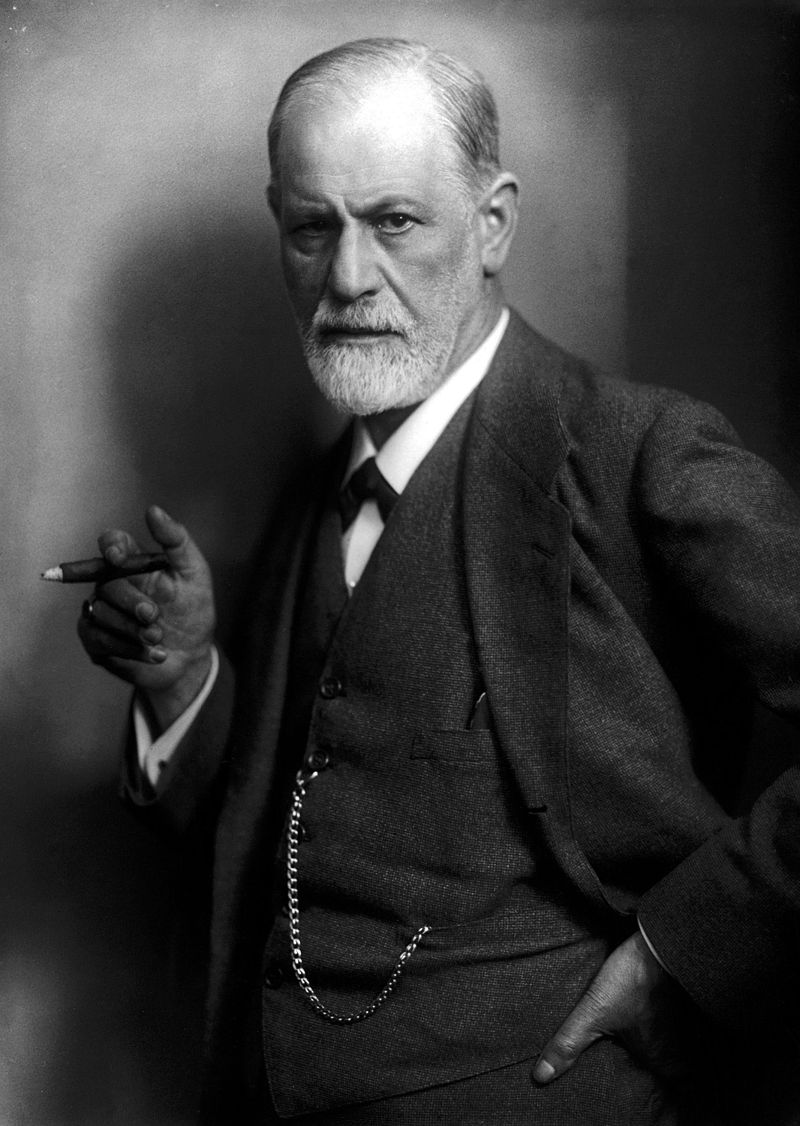In psychology, there is often confusion between the terms psychoanalytic and psychodynamic, as people tend to use them interchangeably. However, there is a key difference between the two: psychoanalytic refers to the perspective and theoretical ideas that originated from Sigmund Freud, while psychodynamic refers to the ideas and perspective that came from Freud and his followers. Psychoanalysis is the original creation of a psychological perspective that allows the psychologist to focus on the human mind, and psychodynamic theories drew inspiration from psychoanalysis.
Key Takeaways
- Psychoanalytic refers to the perspective and theoretical ideas originated by Sigmund Freud.
- Psychodynamic refers to the ideas and perspective that came from Freud and his followers.
- Psychoanalysis is the original creation of a psychological perspective, while psychodynamic theories drew inspiration from psychoanalysis.
What is Psychoanalytic?
Psychoanalysis refers to the theoretical basis that includes a specific approach, theories, and techniques that assist the psychologist in understanding the human mind. These were founded by Sigmund Freud through his clinical work. In psychoanalysis, Freud spoke of many important concepts, such as the role of the unconscious, defense mechanisms, dreams, the id, ego and superego, etc. He specifically believed that the unconscious was important when understanding the human mind. He believed that all our fears and desires are restrained in the unconscious. This idea was also used in psychoanalytic therapy to treat patients who suffer from depression and anxiety disorders. Freud emphasized that by making the unconscious thoughts known, the patients can be treated. Freud’s ideas of the human psyche are also interesting. He explains this through three components of id, ego, and superego. Id operates on the pleasure principle. Superego operates on the morality principle. Ego moderates id and superego and tries to create a balance so that he satisfies the demands of id in a socially acceptable manner. Other than these Freud came up with psychosexual stages of development as well. As you can see, the contribution of Freud to psychology is immense. His theoretic concepts not only created psychoanalysis but laid the foundation for the psychodynamic perspective as well.
What is Psychodynamic?
Psychodynamic refers to an approach or perspective of psychology that studies the human mind. The specialty is that the psychodynamic approach emphasizes the role of the unconscious above all. It explains how human behavior, thoughts, and emotions are influenced by the unconscious. The foundation for the psychodynamic perspective lies in the work of Sigmund Freud, although later on, this was developed by the works of his followers such as Carl Jung, Alfred Adler, Melanie Klein, John Bowlby, and Mary Ainsworth. Psychodynamic therapy also focuses on the inner conflict that the individual experiences, and attempts to relieve this tension that the individual feels as a cure for the illness. Here, the psychologist tries to bring the repressed emotions, behavior, etc. to the conscious so that the problem can be identified.
What is the difference between Psychoanalytic and Psychodynamic?
Definitions of Psychoanalytic and Psychodynamic:
- Psychoanalytic: Psychoanalytic refers to the perspective and theoretical ideas that were originated by Sigmund Freud.
- Psychodynamic: Psychodynamic refers to the ideas and perspective that came from Sigmund Freud and his followers.
Characteristics of Psychoanalytic and Psychodynamic:
- Theories:
- Psychoanalytic: Psychoanalysis is solely founded by Sigmund Freud.
- Psychodynamic: Psychodynamic theories are founded by Freud and his followers.
- Focus:
- Psychoanalytic: Psychoanalysis focuses on the psyche, unconscious, dreams, etc.
- Psychodynamic: Psychodynamic approach also focuses on the human mind and personality and tries to broaden the understanding.
- Contribution:
- Psychoanalytic: The main contributor or the founder was Sigmund Freud.
- Psychodynamic: Sigmund Freud, Carl Jung, Alfred Adler, Melanie Klein, John Bowlby, and Mary Ainsworth are some psychologists who have contributed to the development of the Psychodynamic approach.
